The NEXT-Ganken Program is a 5-year research program that has been promoted by the Japanese Foundation for Cancer Research’s (JFCR’s) Research Unit since 2020 in anticipation of forming the future of cancer medical care in the coming decade. The program establishes a new research promotion system enabling the Cancer Institute Hospital of JFCR to collaborate with research systems a closer level than ever, elucidating pathology in an innovative manner to result in next-generation cancer therapeutic strategies, as well as develops human resources playing a role in future cancer research.
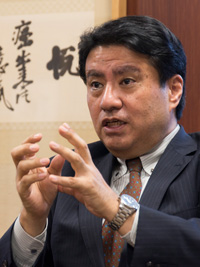
JFCR opened Koraku Hospital (currently the Cancer Institute Hospital of JFCR) in the area of Nishisugamo in 1934 as Japan's first hospital specializing in cancer. Since its establishment, the research institute and hospital have always coexisted. Currently, even after the hospital was moved to the area of Ariake, all research departments, namely the Cancer Institute, Cancer Chemotherapy Center and Cancer Precision Medicine Center (CPM Center) continue to promote structured cancer research in close collaboration with the Cancer Institute Hospital of JFCR. From the beginning of the 21st century, the development of molecular-targeted agents brought great change to cancer treatments. Furthermore, more than a quarter of a century has already passed since the global trend of research and development has shifted a method that searches for the mutations of cancer genes and tumor-suppressing genes, developing molecular-targeted agents for their mutant products with rapid advancement of cancer genome analysis technologies. However, only less than half of identified cancer types markedly respond to molecular-targeted agents. In recent years, many researchers think that there are limits to treatment drugs developed through this method.
In order to provide more cancer patients with more effective cancer treatment drugs in the future, the development and progression of cancer, in particular the molecular mechanisms of its metastasis and recurrence, must be clarified at a much deeper level than our present understanding to learn about their molecular mechanisms and identify new treatment targets. JFCR has the potential to attain a new understanding of cancer for the development of innovative treatment drugs. Then, when considering such a new workflow, what is most important is to encourage basic cancer research so that human cancers can be thoroughly understood, to a level that is unprecedentedly different from our current understanding. In other words, the promotion of revolutionary human cancer biology studies is crucial. To achieve this, we have set up the NEXT-Ganken Program in JFCR's Research Unit as a new focal point for research in order to drive innovative basic cancer research forward by introducing various advanced analysis technologies. Under the guidance of Program Director Shinji Ohno and Associate Program Director Reo Maruyama, many young researchers will participate in the Program to propel research and development with an unprecedented structure. We ask for your kind support.
Tetsuo Noda, M.D., Ph.D.
Senior Managing Director, Research Unit, Japanese Foundation for Cancer Research
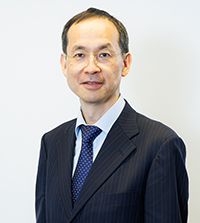
Now that comprehensive genome research on cancer is being conducted and new targeted therapeutics are being developed one after another, basic cancer research and clinical practice are rapidly approaching each other. However, it is also a reality that the closer we get, the more we do not know, and the more complicated our understanding of cancer becomes. We are conducting research to understand cancer by taking it out of the body. However, thinking of cancer in isolation from the body is a major cause of losing sight of the true nature of cancer. We are conducting research to understand cancer as a member of cellular society and to get one step closer to the true nature of cancer by reexamining cancer in the context of the living body. This requires not only the conventional medical perspective, but also incorporating the wisdom of information science, physics, mathematics, engineering, sociology, logic, and other fields.
NEXT-Ganken Program is a place where young people from various fields who will lead the coming era gather to look at the living body and understand cancer without being bound by conventional concepts. We hope to activate NEXT-Ganken Program as a place to open up the future of medicine, envisioning what medicine and society will be like in 10 to 20 years from now. We would like to appreciate your continued support and guidance.
Takayuki Ueno, M.D., Ph.D.
Program Director, NEXT-Ganken Program
Center Chief, Breast Oncology Center, Cancer Institute Hospital of JFCR
Through the clarification of various "characteristics" of human cancer cells at a single cell level from the perspective of genomic function, we aim at developing new therapeutic strategies taking into account the dynamics of the characteristics and diversity of cancer cells.
Though learning the roles of each cell that makes up a "cancer cell community" and everything on the "communications" exchanged among the cells, we strive to comprehend the constitution of the cancer cell community and propose therapeutic strategies to control it.
Through understanding the scheme with which a tumor adapts to the environments of various organs in a human individual, we attempt to comprehend its characteristics and fragility and elicit innovative therapeutic strategies.
We will obtain specimens that can be keys for pushing each project forward and collect exhaustive information with the use of advanced technologies. We will build a platform to maximize the use of information contained in valuable specimens and share data and resources obtained through their analysis.
We will collaborate with Japanese universities and research organizations and conduct research for developing advanced bioanalysis technologies using specimens derived from cancer patients.
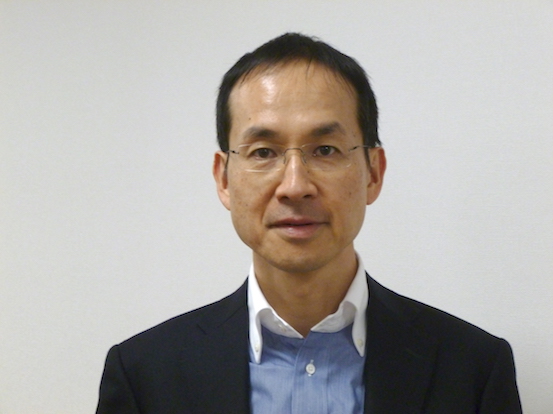
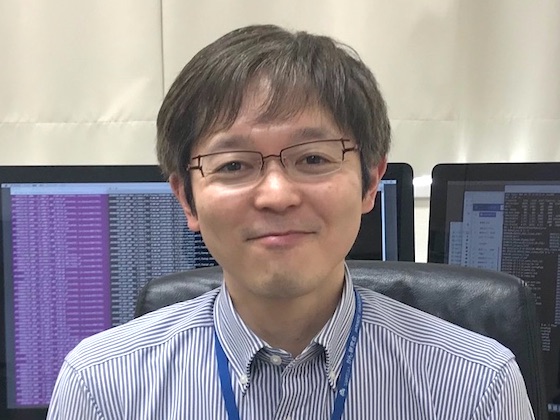
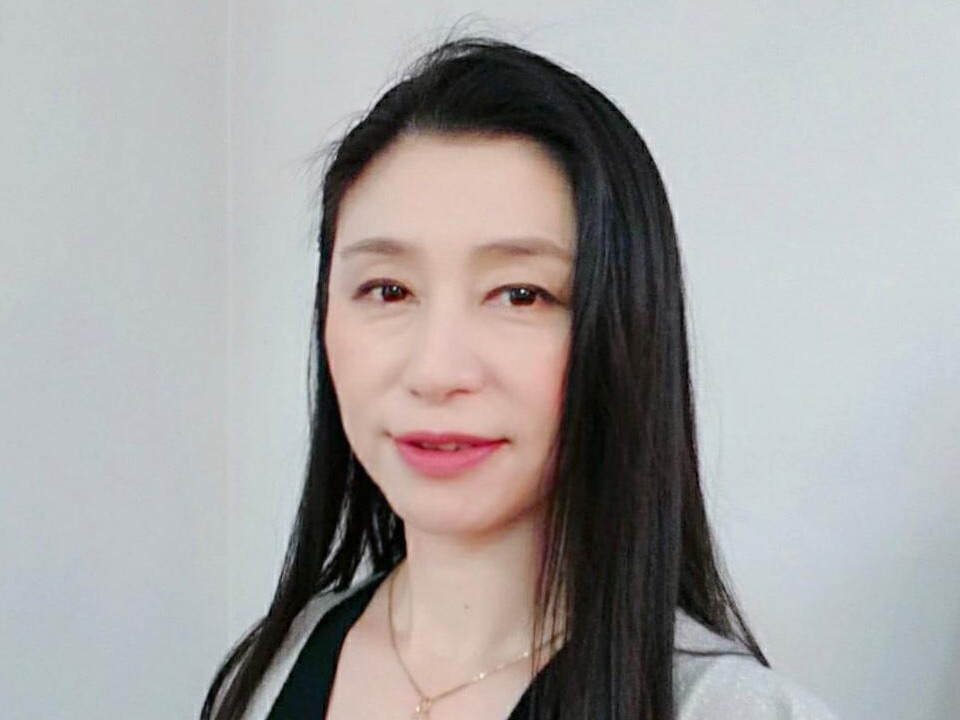
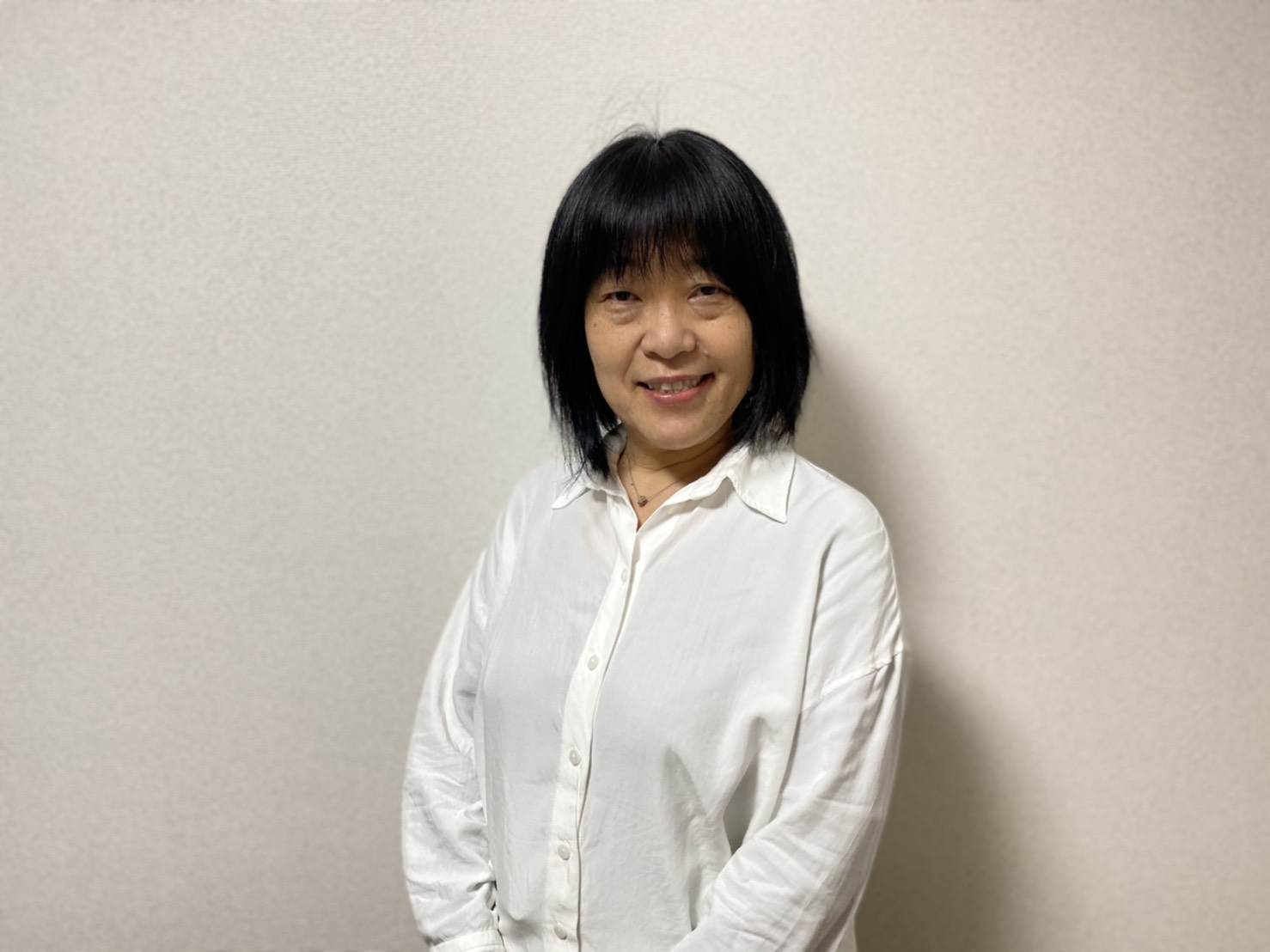
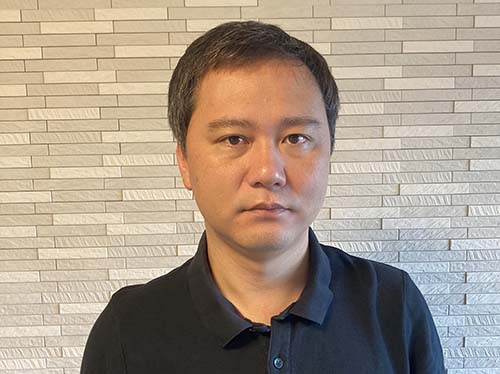
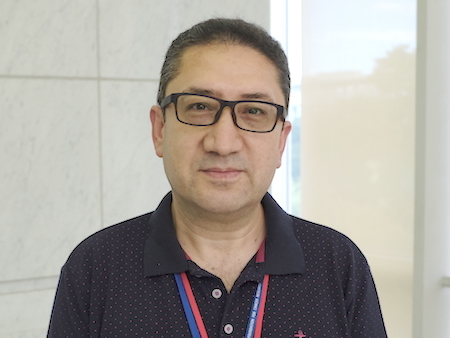
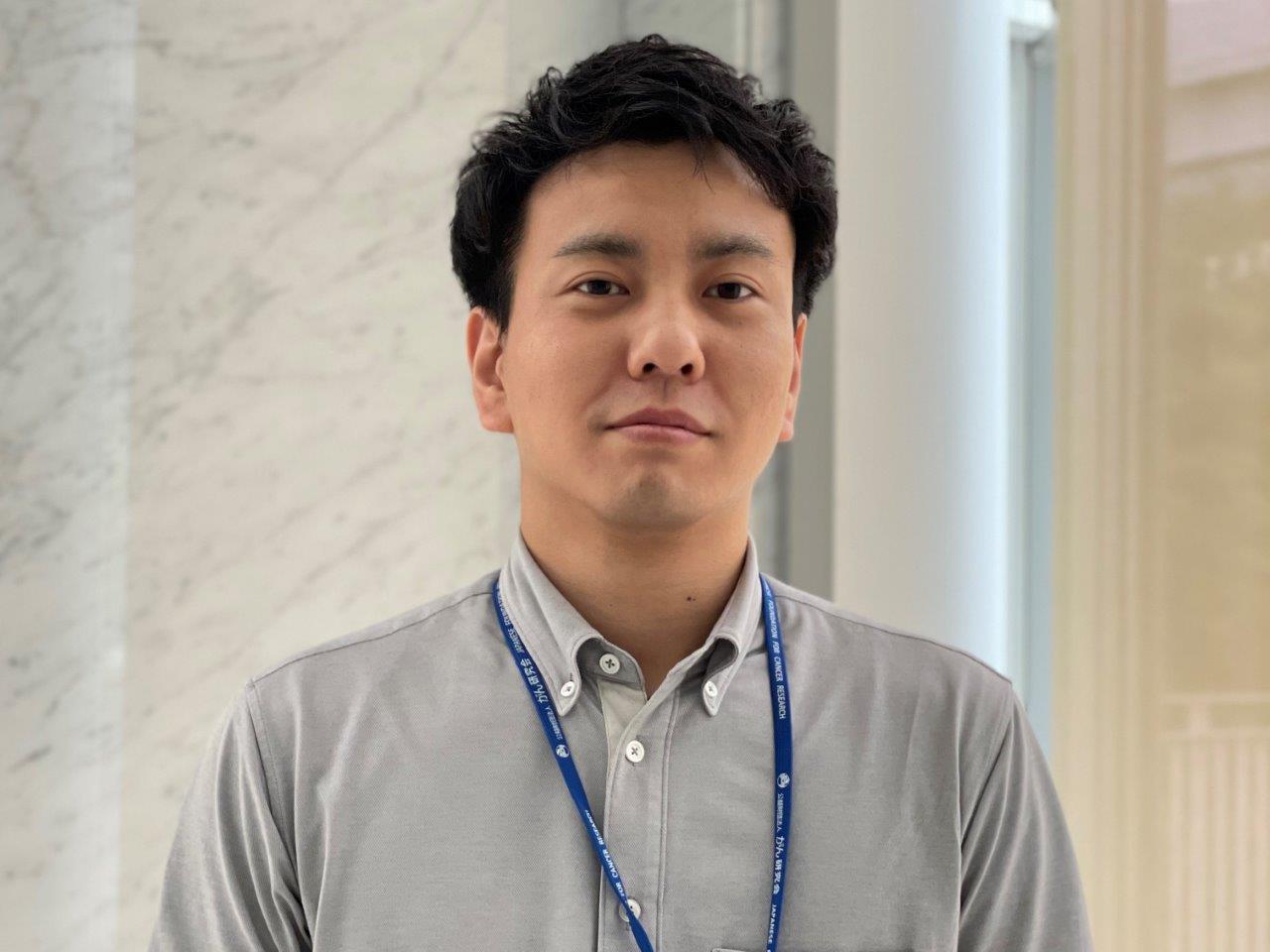
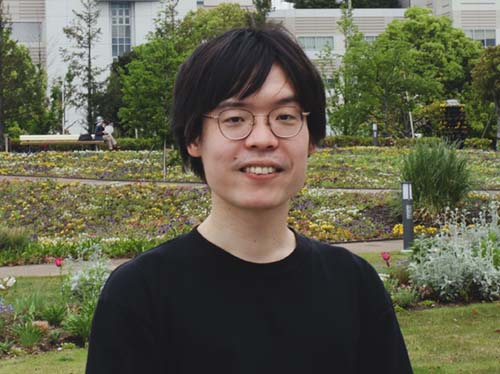
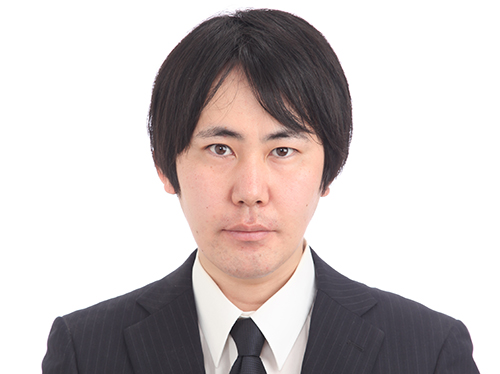
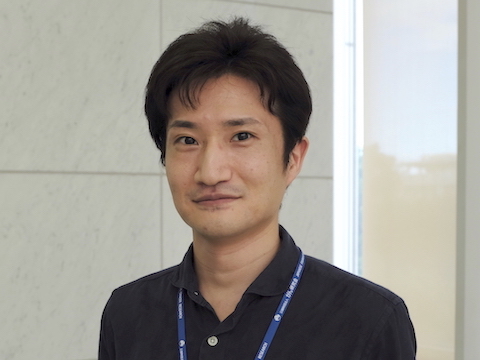
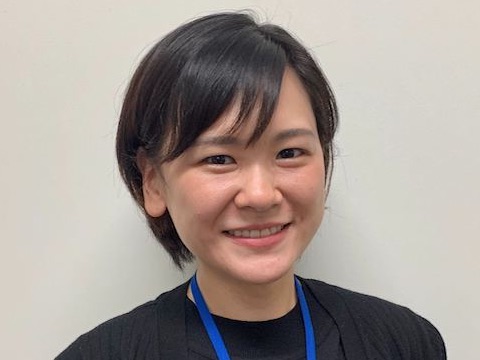
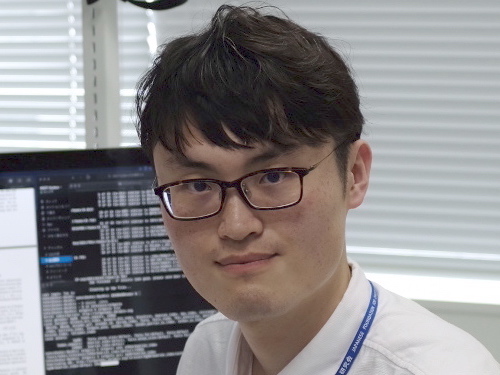
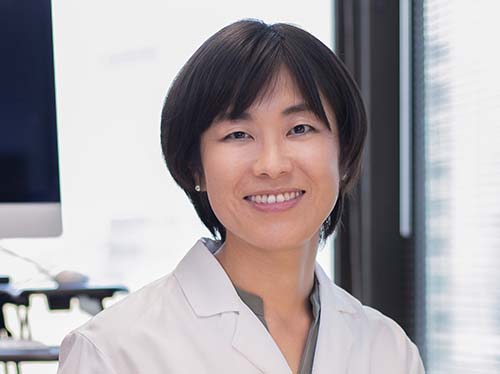

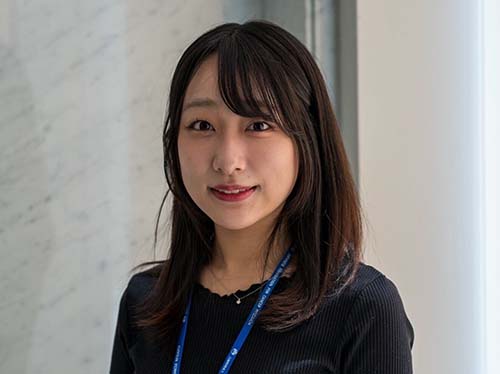

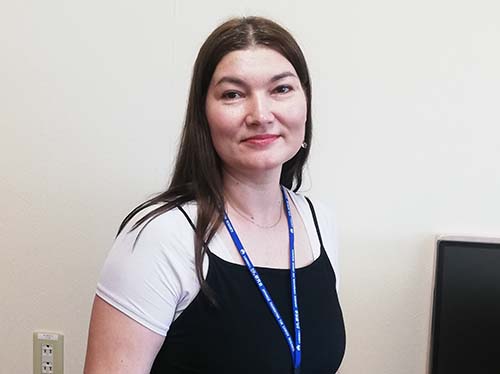
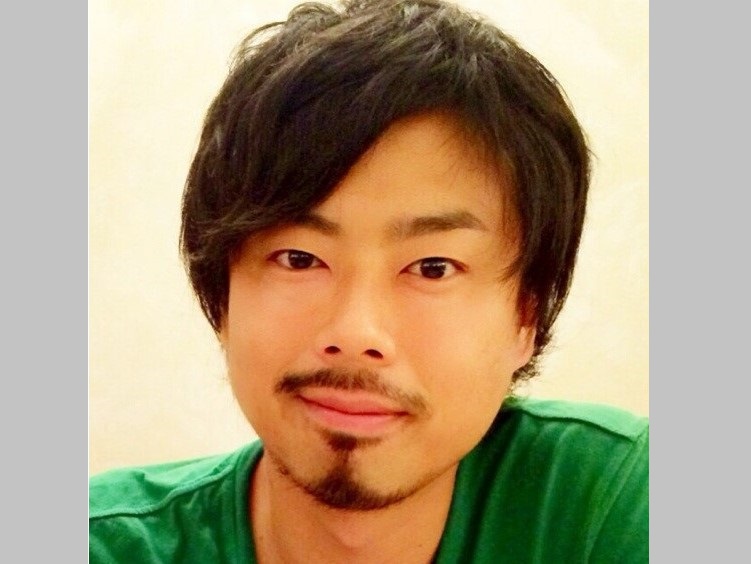
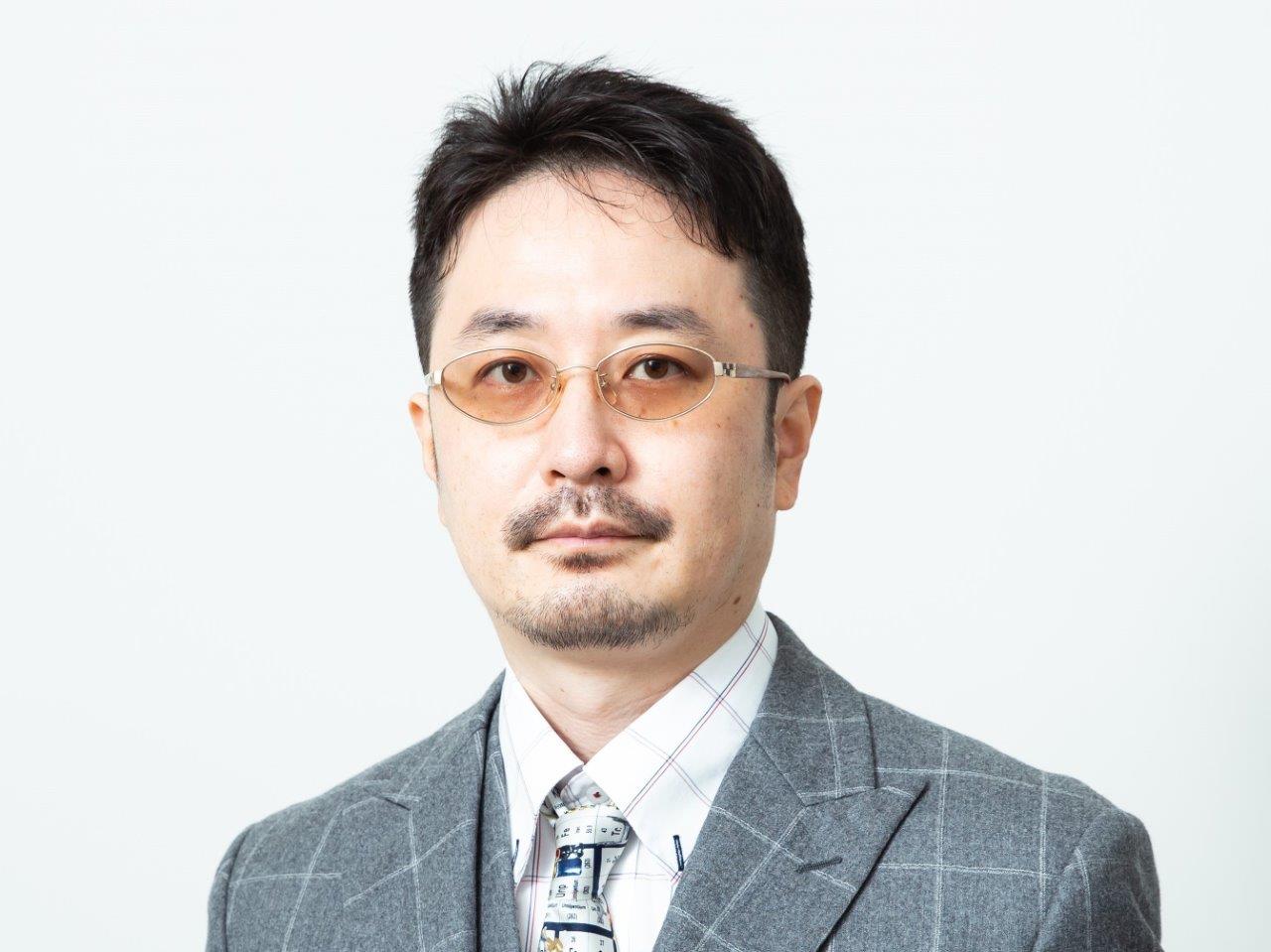
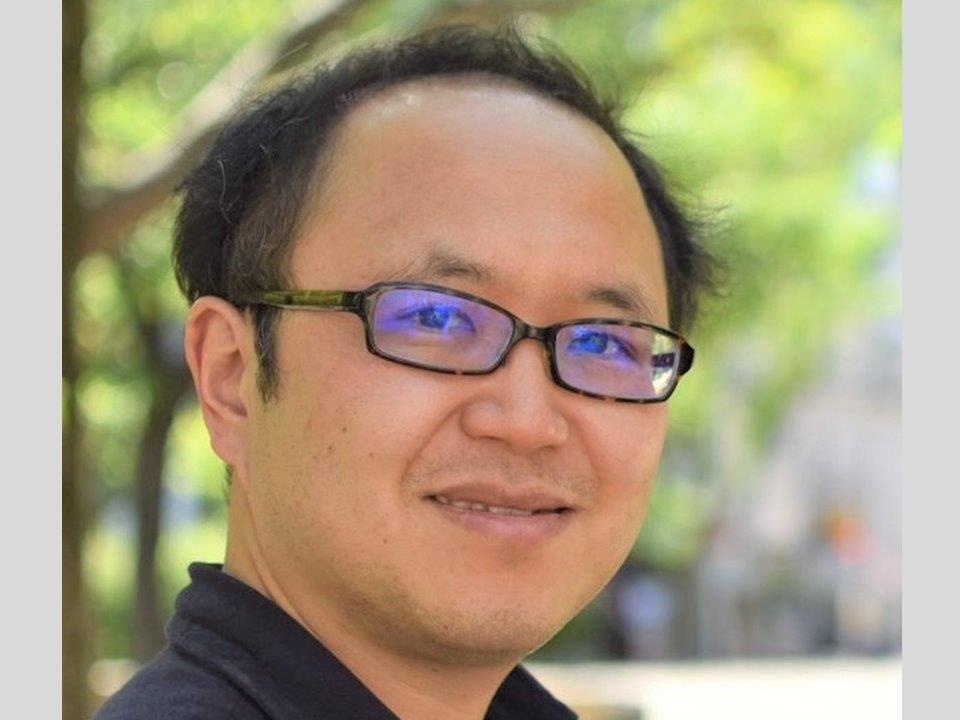
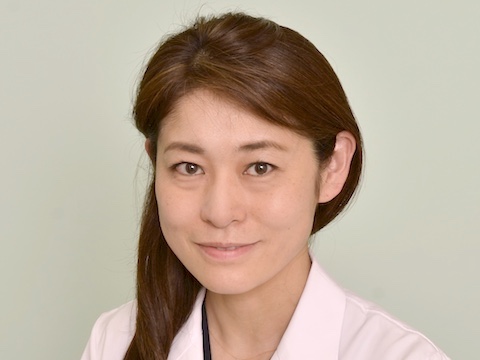
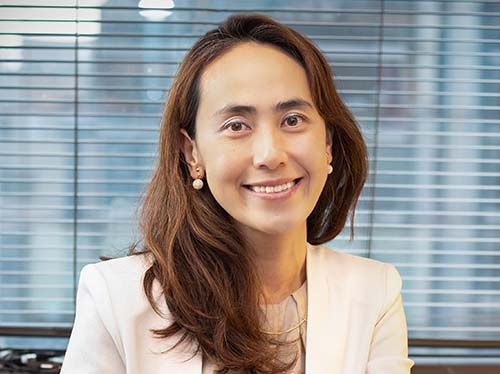
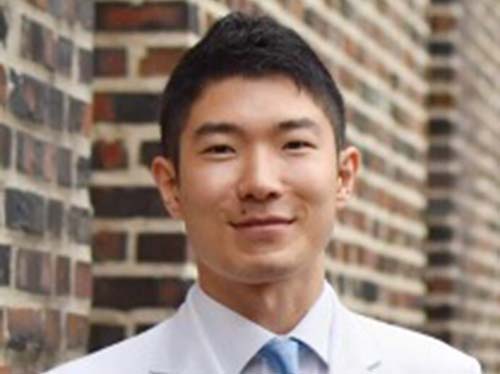

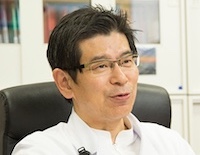
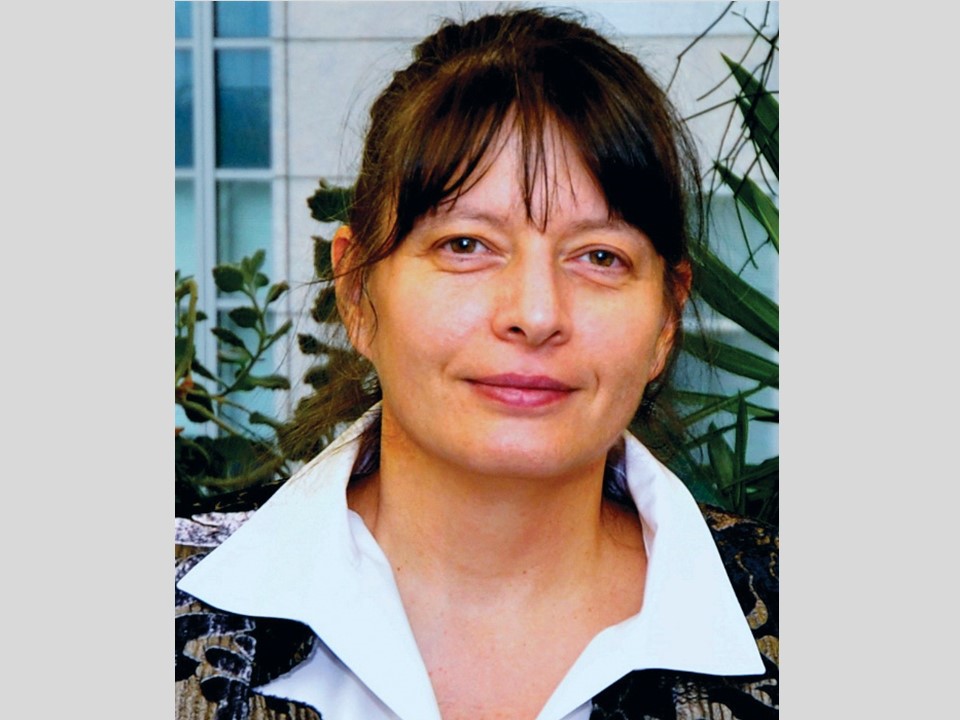
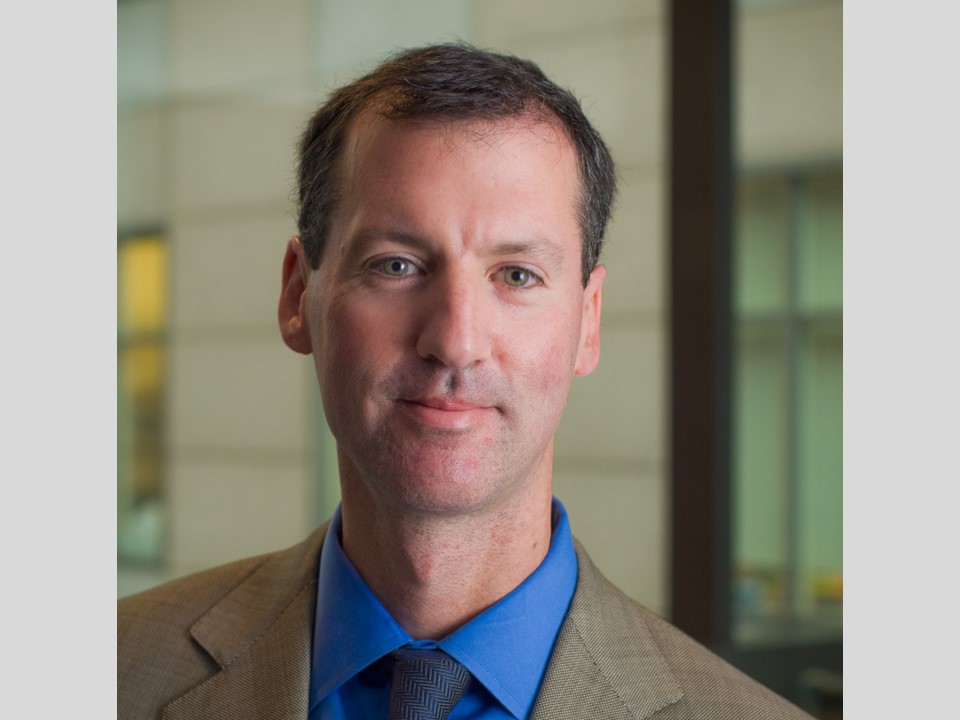
The NEXT-Ganken Program recruits peers who are willing to challenge this meaningful topic with us. Peers can be accepted as graduate students or research scholars. Observation is welcomed at any time. If you are interested in, please contact us.
NEXT-Ganken Program, Japanese Foundation for Cancer Research
Institute
3-8-31 Ariake, Koto-ku, Tokyo 135-8550, JAPAN
Satellite Laboratory
6th Floor, Ariake Central Tower, 3-7-18 Ariake, Koto-ku, Tokyo 135-0063, JAPAN
Contact to
Reo Maruyama
reo.maruyama[at]jfcr.or.jp